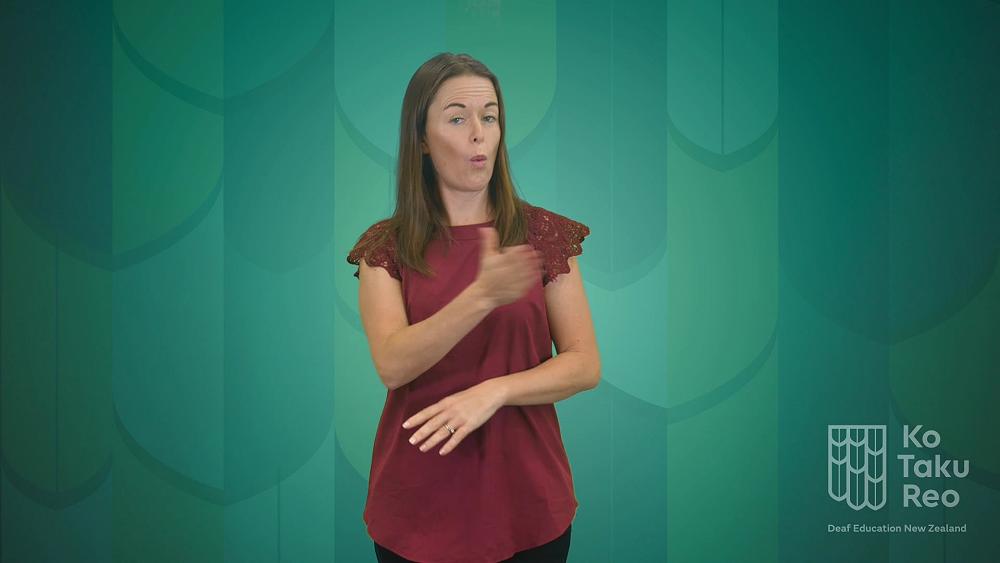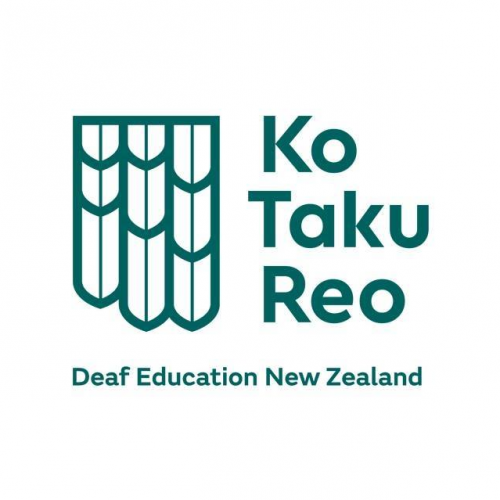Outreach intro by Ko Taku Reo Deaf Education
Outreach School
Lynne Guy — April 7, 2021
Welcome to the 2021 school year.
For many parents, term one can be a daunting time as their children adjust to transitioning into a new primary, intermediate or secondary school. The most common questions Resource teachers of the Deaf get asked at this time of year most frequently are about their child making friends and finding a peer group, having access to and being engaged in meaningful learning, having teachers who care about their child’s learning, safety and well-being, and their family and child feeling connected within the school community.
In relation to connectiveness and learning –
there have been a number of KIT Days across regions that help your child to
access learning and gain a positive sense of identity as a Deaf or Hard of
Hearing learner. Here are some of the events held this term nationally which
all seem to have the common thread of learning about caring for our environment
and wonderful opportunities to learn about nature through hands-on experiences.

Taranaki
New Plymouth Zero Waste Hub. Our unique KIT day focused on sustainability and how as Kaitiakitanga- Guardians of the land, we can all practice Kaitiakitanga and care for our environment in ways that will safeguard the future wellbeing of people and our planet.
Children had the opportunity to view the recycling process and develop an appreciation of how we can all contribute to Taranaki becoming a zero-waste region. Back at our office, we created our own Eco Warriors made from recycled materials.



Manawatu Kit Day
Conservation Conscious Kiwis
The students were very excited to visit the brand new Wildbase Recovery Centre at the Esplanade in Palmerston North. Here, the conservation and protection of our native species were the main focus. At the Centre, there are breeding birds alongside nine rehabilitation aviaries for some of our most endangered species, including kiwi, takahē, and yellow-eyed penguins.
The program included a tour of the Centre and talks at the walk-through, breeding, and recovery aviaries. The Centre is also fully bilingual in English and te reo Māori and there were plenty of opportunities to read the te reo Maori displays telling the stories of Rangitāne o Manawatū. Students had the opportunity to watch a movie giving the story of the huia in Aotearoa. They learned all about native species and were able to view actual habitats designed for different species as well as what the threats are to our species and our environment.
We also had a train ride through the Esplanade
which made for a fun-filled day had by all.



Northland
Northland Language Days have focused on learning about New Zealand Native birds in preparation for KIT DAY visit to Parrot Place. Learners range in age from 5 years to 15 years and come from all over the Northland Area. RTDs plan together to provide a range of levels of work.

All learners have participated in interactive activities, fact-finding missions, peer share, tuakana teina, waiata and raranga.



